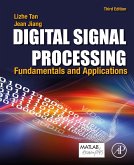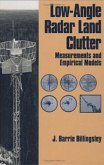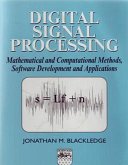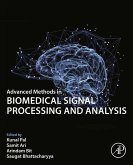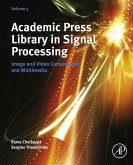Signal Processing for Multistatic Radar Systems: Adaptive Waveform Selection, Optimal Geometries and Pseudolinear Tracking Algorithms addresses three important aspects of signal processing for multistatic radar systems, including adaptive waveform selection, optimal geometries and pseudolinear tracking algorithms. A key theme of the book is performance optimization for multistatic target tracking and localization via waveform adaptation, geometry optimization and tracking algorithm design. Chapters contain detailed mathematical derivations and algorithmic development that are accompanied by simulation examples and associated MATLAB codes. This book is an ideal resource for university researchers and industry engineers in radar, radar signal processing and communications engineering.
- Develops waveform selection algorithms in a multistatic radar setting to optimize target tracking performance
- Assesses the optimality of a given target-sensor geometry and designs optimal geometries for target localization using mobile sensors
- Gives an understanding of low-complexity and high-performance pseudolinear estimation algorithms for target localization and tracking in multistatic radar systems
- Contains the MATLAB codes for the examples used in the book
Dieser Download kann aus rechtlichen Gründen nur mit Rechnungsadresse in A, B, BG, CY, CZ, D, DK, EW, E, FIN, F, GR, HR, H, IRL, I, LT, L, LR, M, NL, PL, P, R, S, SLO, SK ausgeliefert werden.




